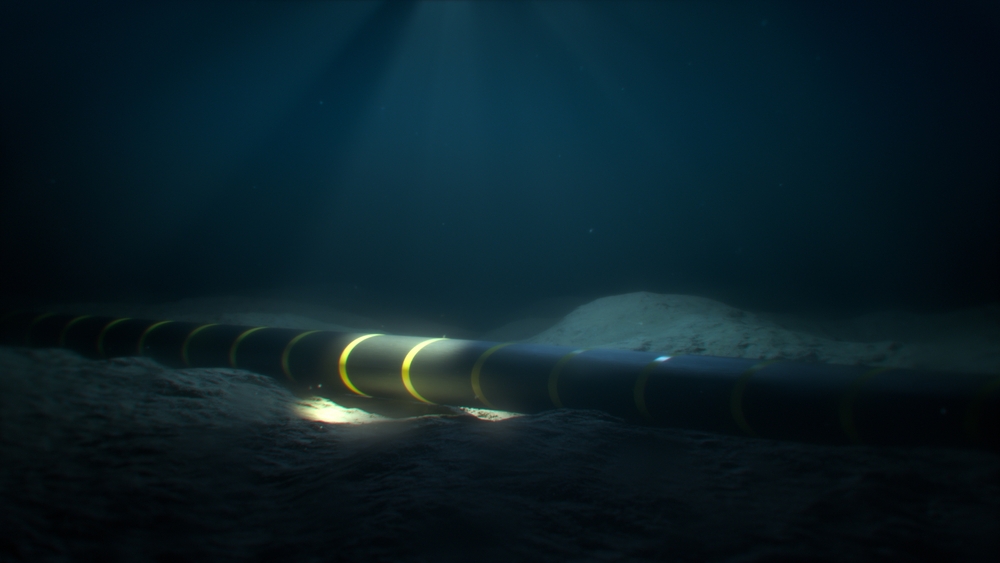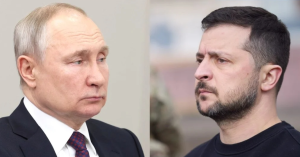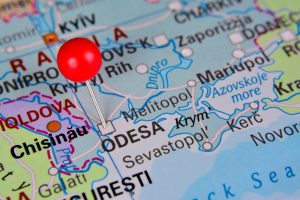The cable, known as Lion1, spans nearly 1,200 kilometers under the Baltic Sea.
Others are reading now
A critical undersea Internet cable connecting Finland and Germany was severed on the morning of November 18.
The cable, known as Lion1, spans nearly 1,200 kilometers under the Baltic Sea, according to Ziare.
Cinia, the Finnish state telecom operator responsible for the cable, confirmed the damage but stated the cause remains unknown. An investigation is already underway.
The Lion1 cable, operational since 2016, is the first direct Internet and data link between Finland and Central Europe.
Also read
It connects Helsinki to Rostock, Germany, with a capacity of 144 terabits per second.
Upon its launch, it was hailed as the “backbone” of digital infrastructure linking Northern and Central Europe.
The disruption comes amid heightened tensions with Russia, which has repeatedly threatened NATO infrastructure with potential sabotage.
Last week, Finnish academic and Russia expert Pekka Kallioniemi warned that this specific cable could become a target.
Kallioniemi stated that the Kremlin appears to be preparing for large-scale sabotage of undersea Internet cables.
He cited Russian drills to disconnect their national Internet from the global network as a sign of escalating preparations.
Additionally, Russian security official Nikolai Patrushev recently alleged that the U.S. and U.K. might destroy undersea cables, raising suspicions about Moscow’s intentions.
The timing of the incident adds to growing fears about the vulnerability of vital infrastructure.
Finland, the NATO member with the longest border with Russia, has been on high alert following recent geopolitical developments. The severing of Lion1 underscores the risks facing critical networks in the region.
While investigators work to determine the cause of the damage, experts continue to warn of the broader threat to global communications.
The Baltic Sea, which houses numerous undersea cables, is a strategic point of concern as tensions between Russia and NATO escalate.








